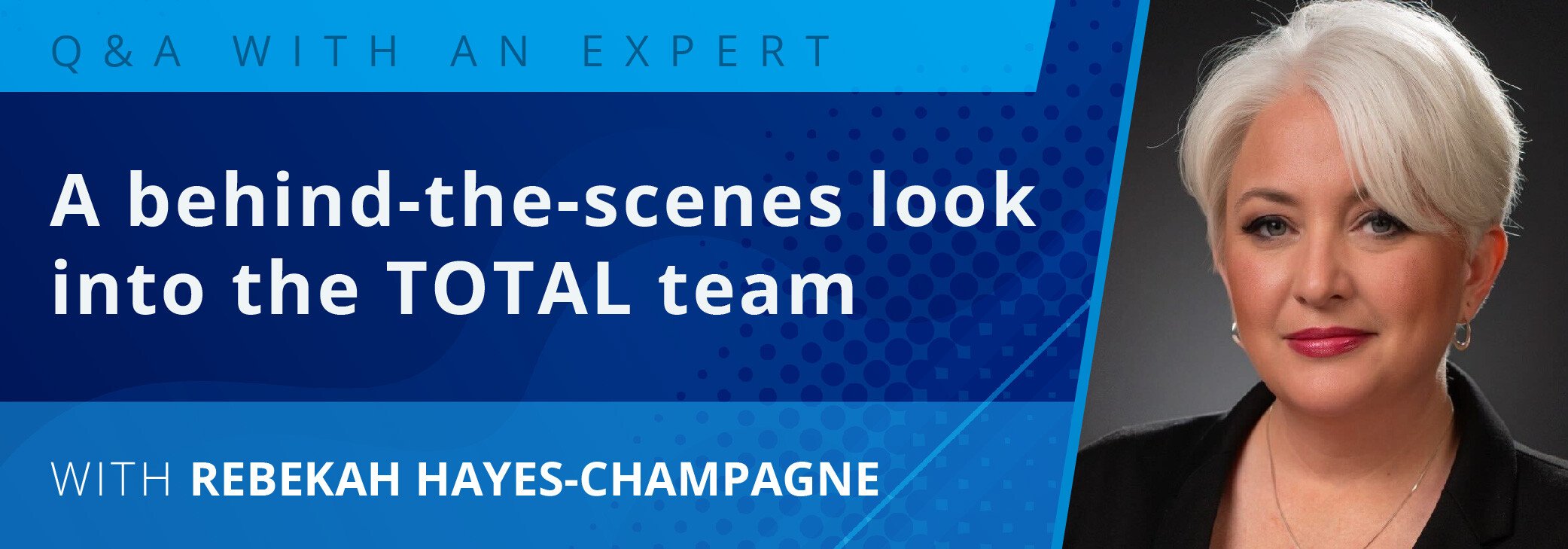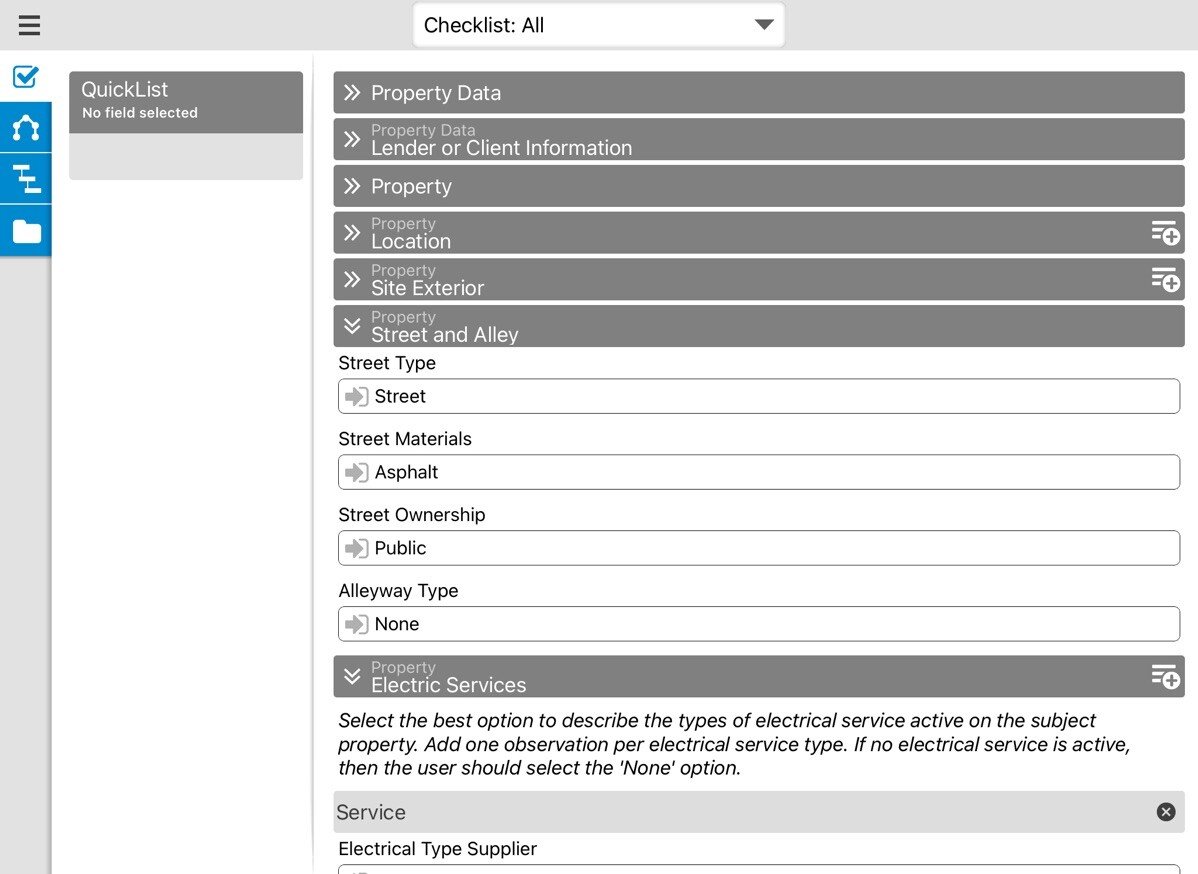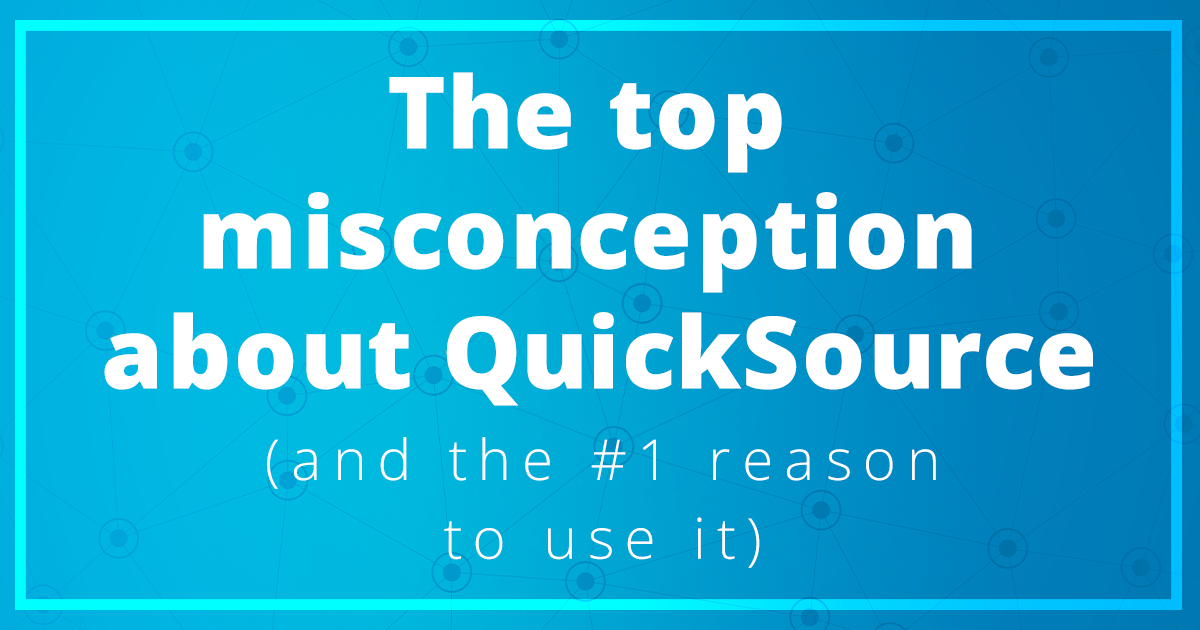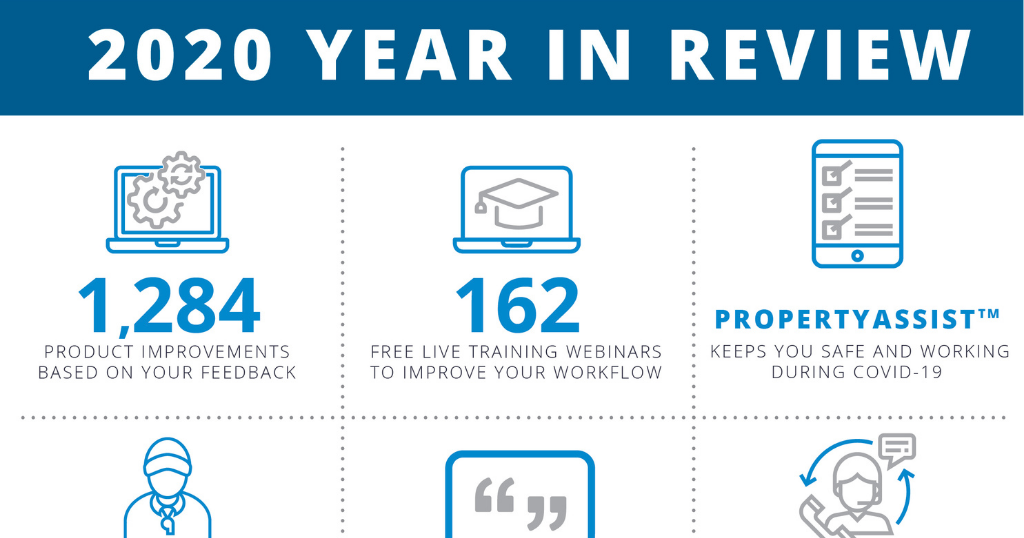Stop us if you've heard it: The mortgage boom is almost over. Yes, it's been almost over since about November, 2002, but who's counting anymore? Home sales are in record territory, Freddie Mac's benchmark 30-year fixed mortgage rate hit a five month low last week, and August, though down from July, saw an amazing 1.379 million transactions pass through our Mercury servers, a leading indicator that there continues to be a robust mortgage pipeline.
But the Fed has stared hiking the federal funds rate, the economy is improving – much of the recent spate of cash-out refinancing has been driven by hard times in the broader economic arena – and lenders, your customers, are bracing for a downturn. Which means they're planning on spending less. There aren't suddenly going to be fewer appraisers, so with less money to go around, how do you stay at top of mind when your best clients need the services of a professional appraiser?
Sam Walton, asked about his plans for a recession, once famously answered, "We don't plan to participate." He didn't, and his company's doing o.k. today. Walton believed the old saw that when times are good, you should market your goods or services, and when times are bad, you must market your goods or services.
A McGraw Hill Research study of U.S. recessions, analyzing 600 companies over a five-year period emerging from an economic downturn, found that firms which had maintained or increased advertising during tough times averaged 275 percent sales growth in the five years coming out, while those who cut back on advertising grew only 19 percent.
The biggest factor driving this reality is human nature. Many of your competitors will spend less – and we're talking about resources and effort as much as we're talking about money – on marketing when orders start to peter out. By simply maintaining your current level of marketing, you will "gain" in visibility and be top of mind to your clients.
Beyond the human calculus, there's good old-fashioned market research: Companies that regard marketing as an investment rather than an expense are shown to earn larger long term dividends. Marketing aggressively during a downturn projects an image of corporate confidence and stability. And it costs a great deal more to re-acquire customers or clients after you've lost them than it does to devote marketing money and efforts to keeping them.
Soon, Enterprise level Appraiser XSites will include a suite of services called XSell, which is a built in comprehensive marketing kit for appraisers. It will allow you to set up marketing campaigns wizard-style. You'll be able to send promotional or, better yet, informational campaigns to a contacts database that you create and XSites maintains and manages for you. XSell works in conjunction with Contacts and Scheduling so that you can set reminders for your campaigns which can be set up as a one time distribution or multiple scheduled distributions over time. XSell will also offer marketing aids for ongoing education refreshers.
We're developing XSell when we are because differentiation will be more important than ever as the current mortgage boom recedes. But even if you're not yet an XSite owner, there are a number of tips you can use to keep yourself in front of your current clients, and even gain new ones, when business slows:
- Stay in contact. When you're dealing with a particular client on a weekly basis, you're never far from his or her mind. During longer periods between orders from that client, a personal e-mail or phone call keeps you in front of him or her. If you worry about seeming too "clingy," how about forwarding them an interesting article you found on the Internet (it would be great if it was from the a la mode e-Newsletter, but something from usatoday.com, Yahoo News, or anywhere)? Whether it's an article about something exceptionally important to them or not, remember the idea is to get your name in their mind. The personal touch of "I read this and thought you would find it interesting" adds value, too.
- Be a resource. If your mortgage business dips, it's because your clients' business is slowing down, too. Be frank with your clients. "Remember those two week turn times from last summer? My volume, like yours, is a lot more manageable now. I'm able to turn assignments around more quickly than ever, I've invested in learning new techniques and tools for producing quality reports more quickly and efficiently (you can say this after Aurora comes out!), and my attention is more focused on the needs of my clients than ever." Asking for a client's business is always a good idea; offering them a good reason to give it to you is even better.
- Understand your clients. Do you subscribe to National Mortgage News? Affordable Housing Finance? Your marketing is no good if not targeted to the specific concerns of a specific constituency. By spending some time each week or month reading what your clients are reading, subscribing to e-mail newsletters they may receive and generally following the news and developments in their industry that they do, you learn what they need, want and are interested in.
Some of these things are free and easy, some take time, and some take money. But investing time and money in marketing is more important during a down period than at any other time.



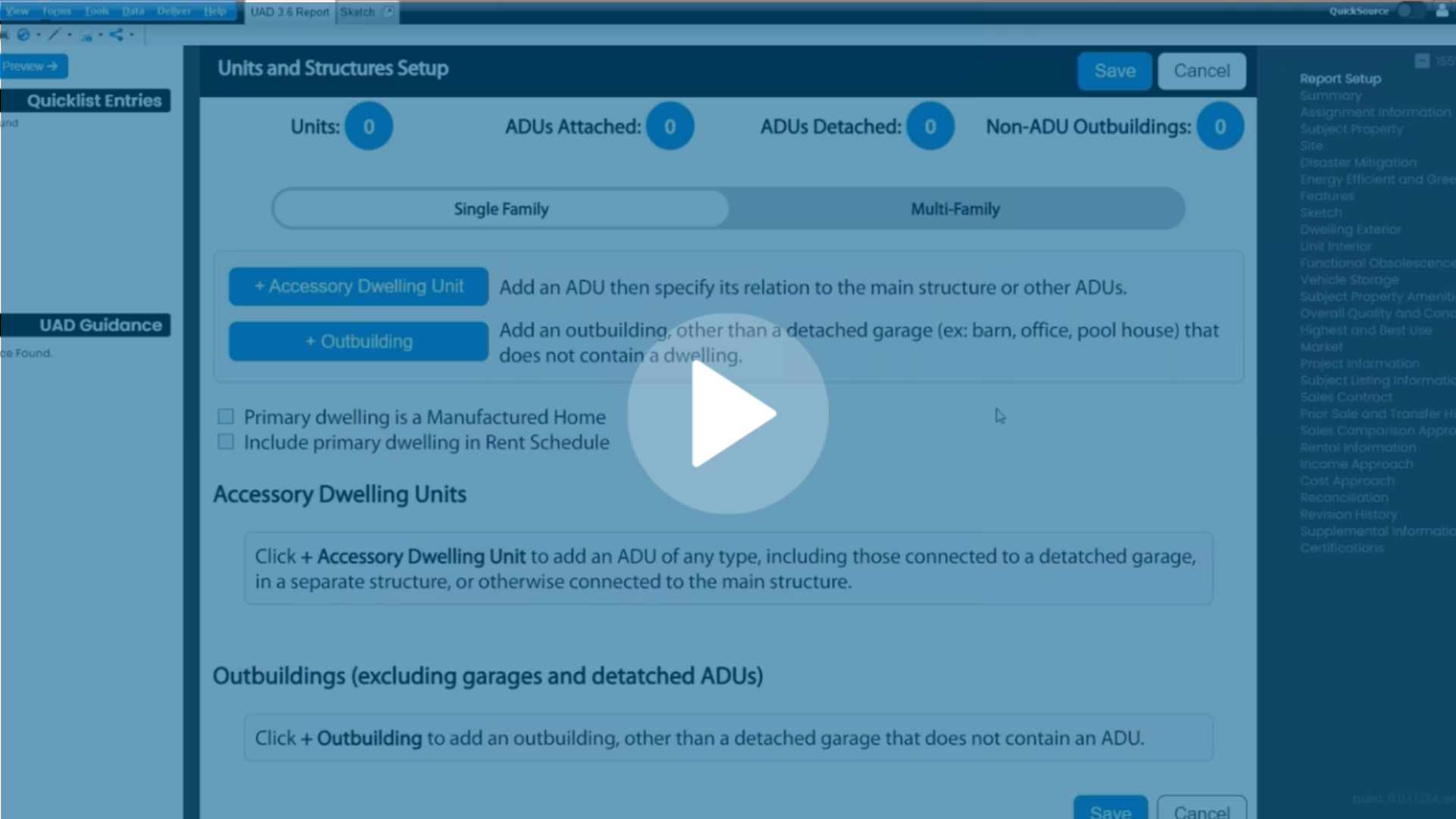
.png)

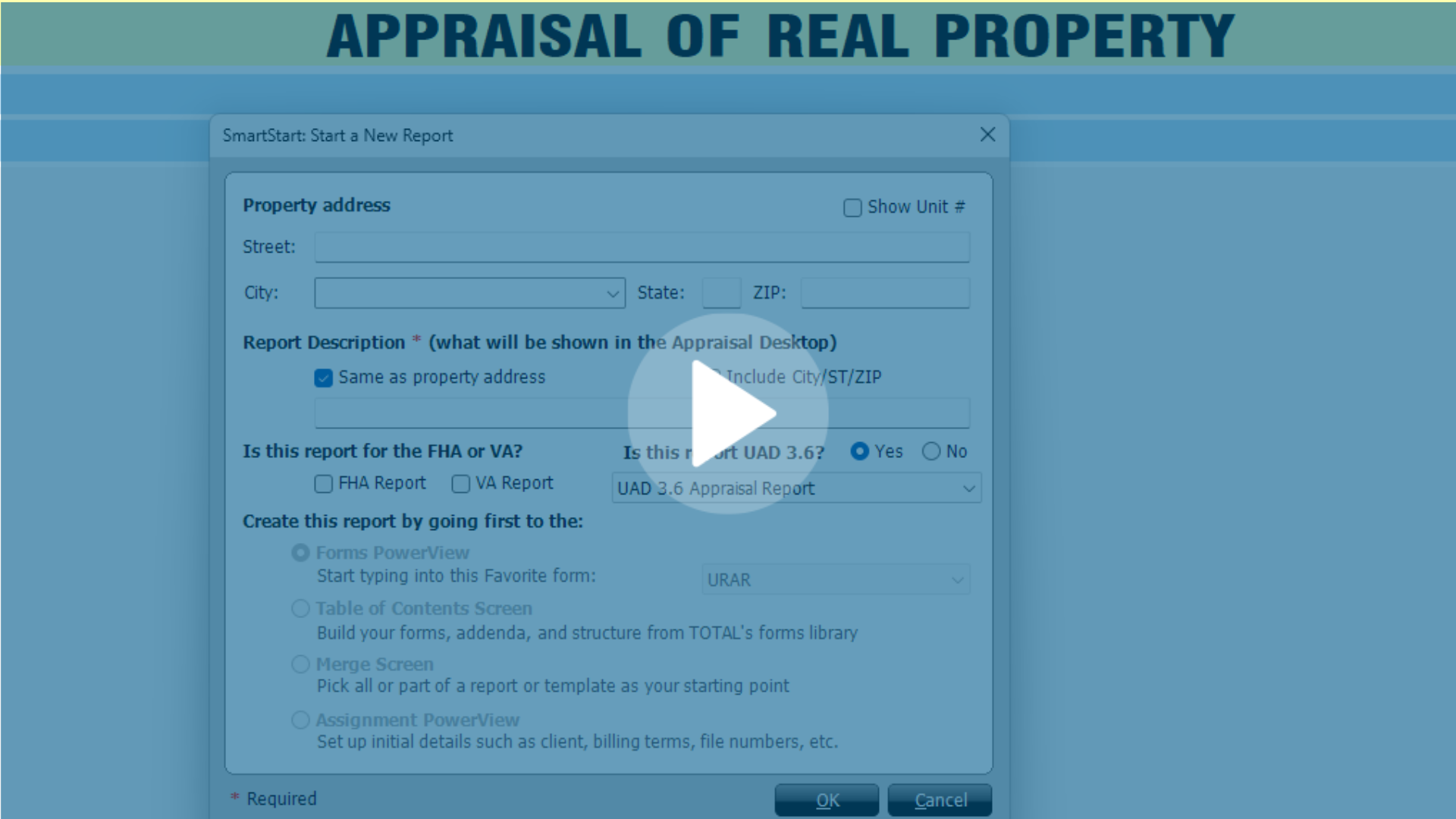


.png)
-1.png)
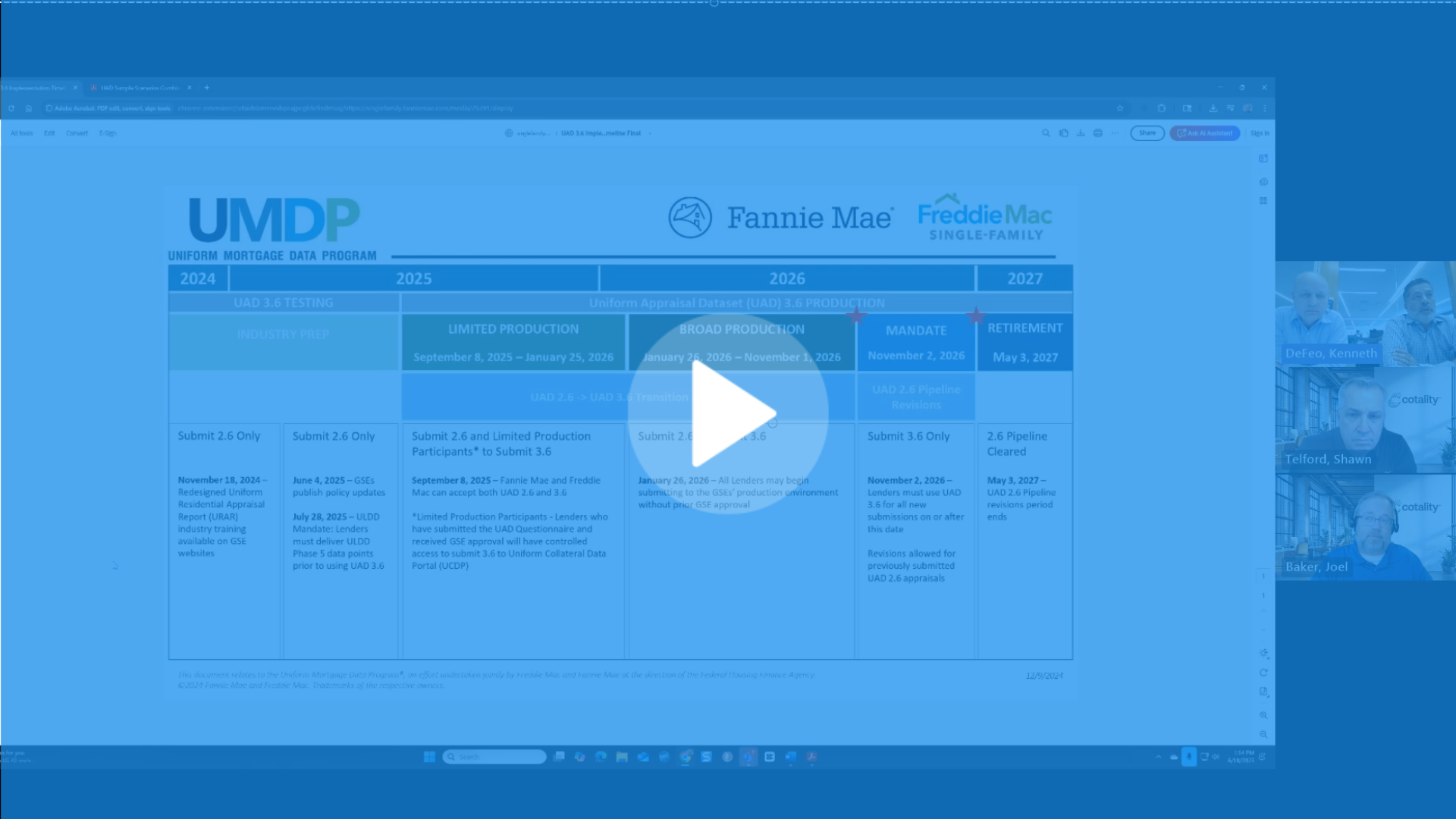
.png)
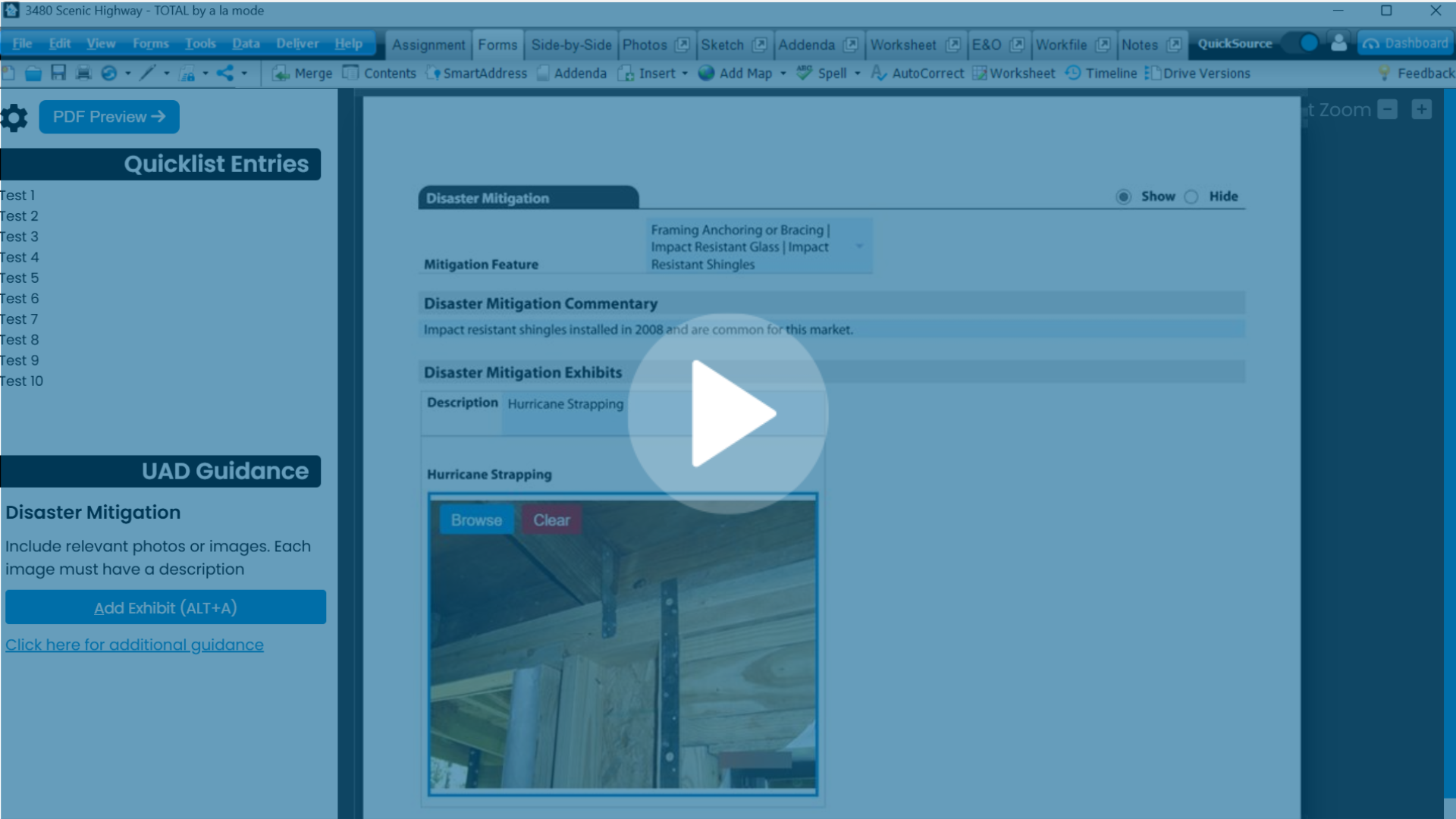
.png)
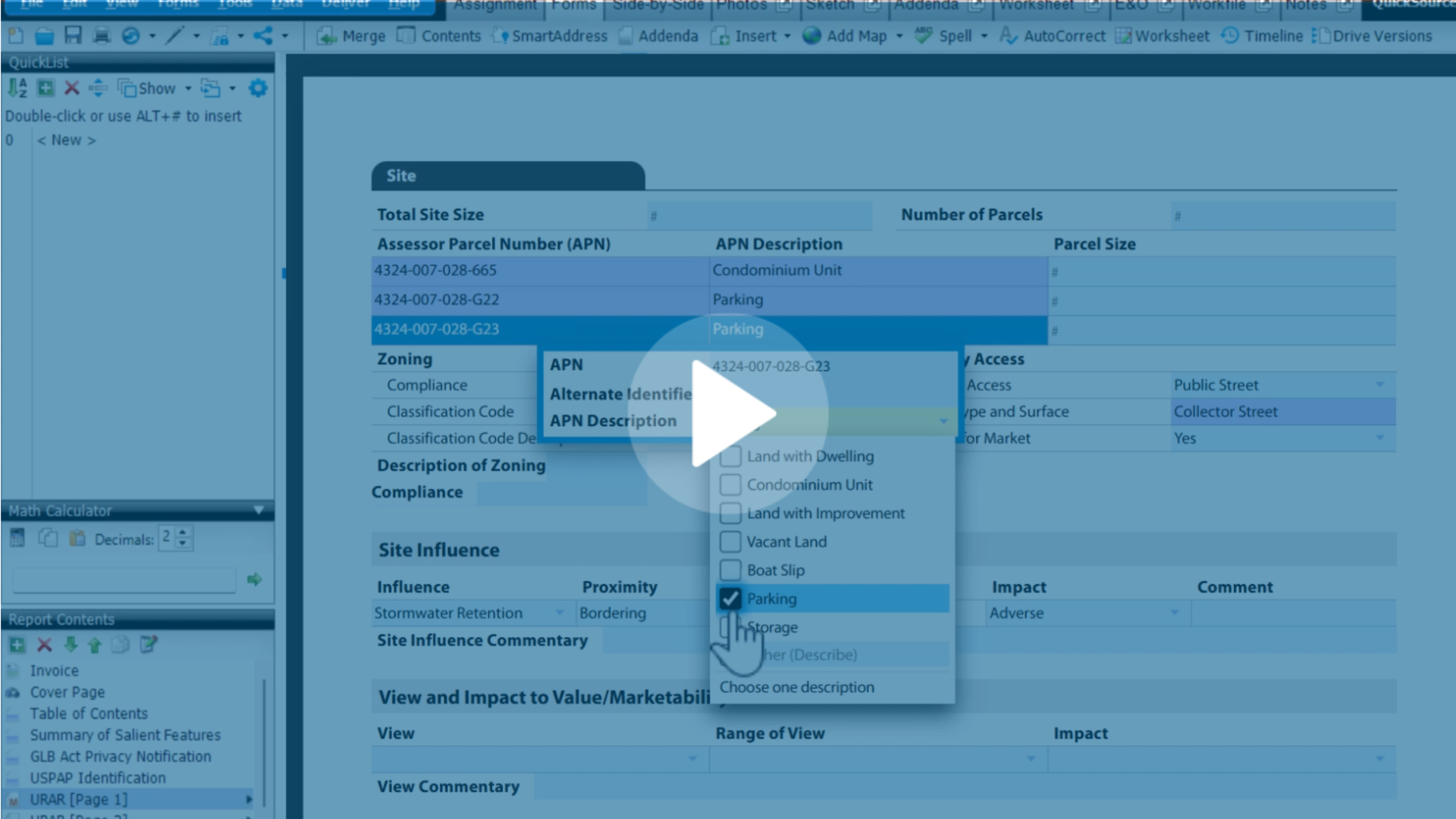
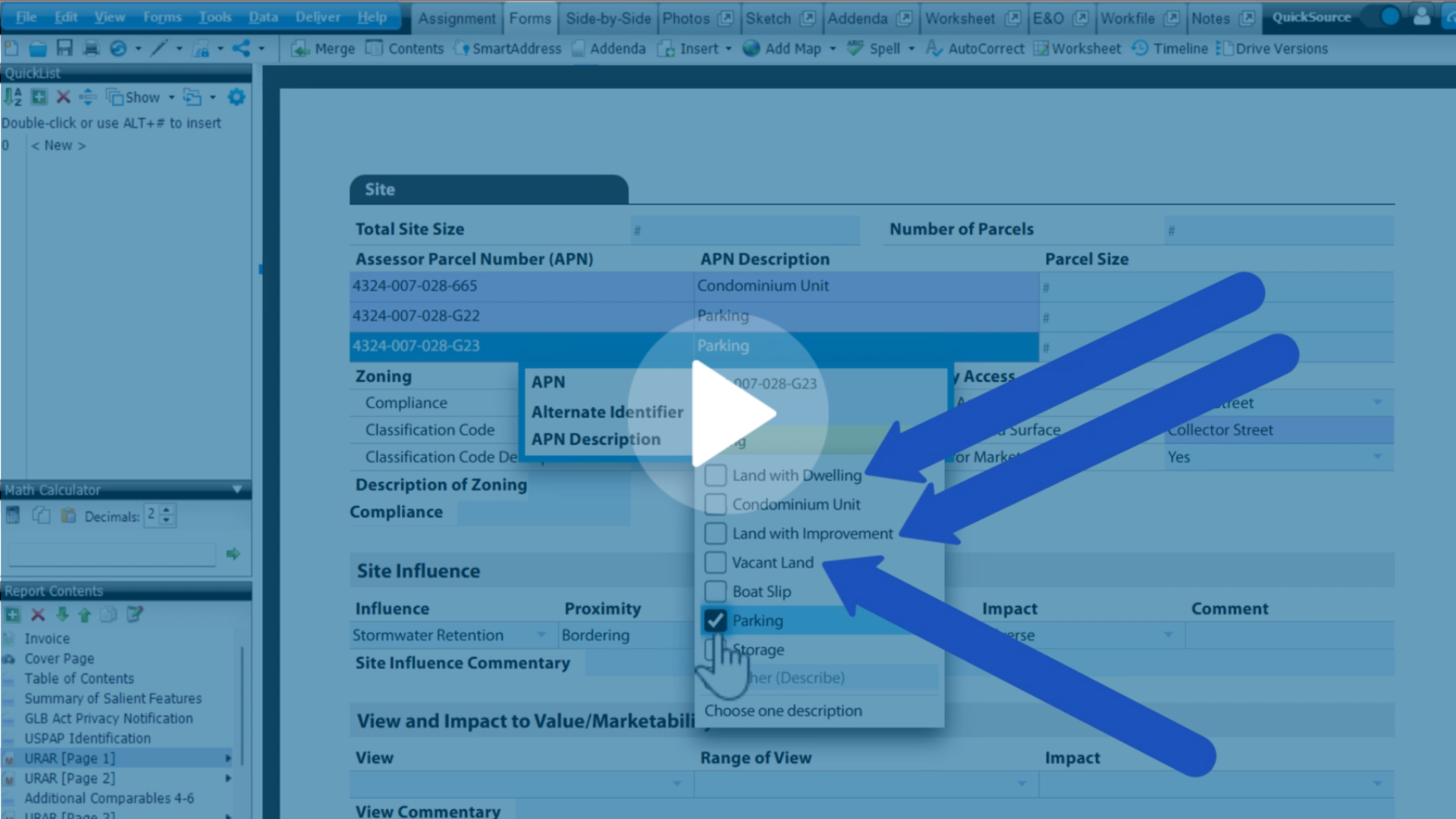
.png)
.png)
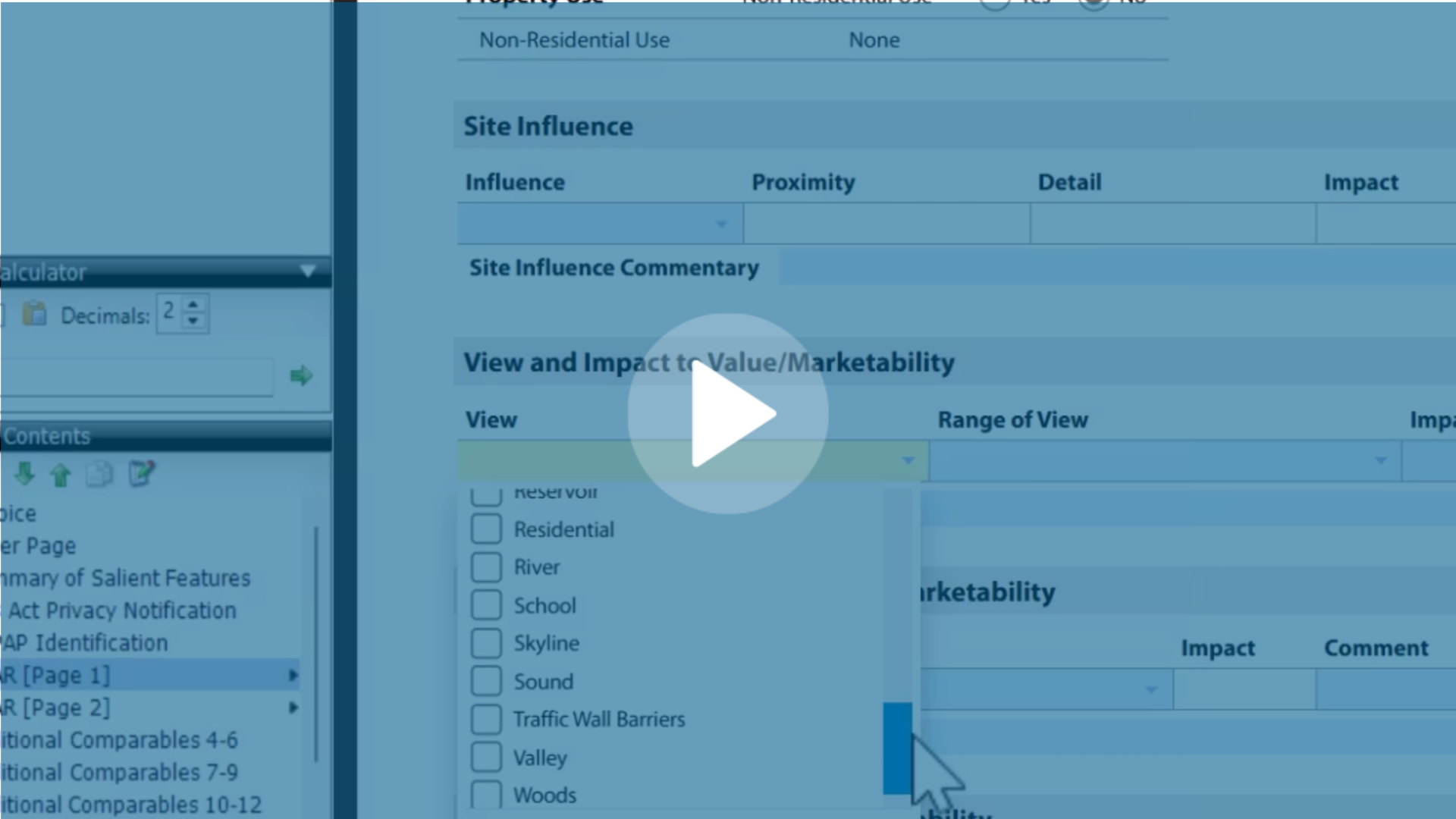
.jpg)
.png)
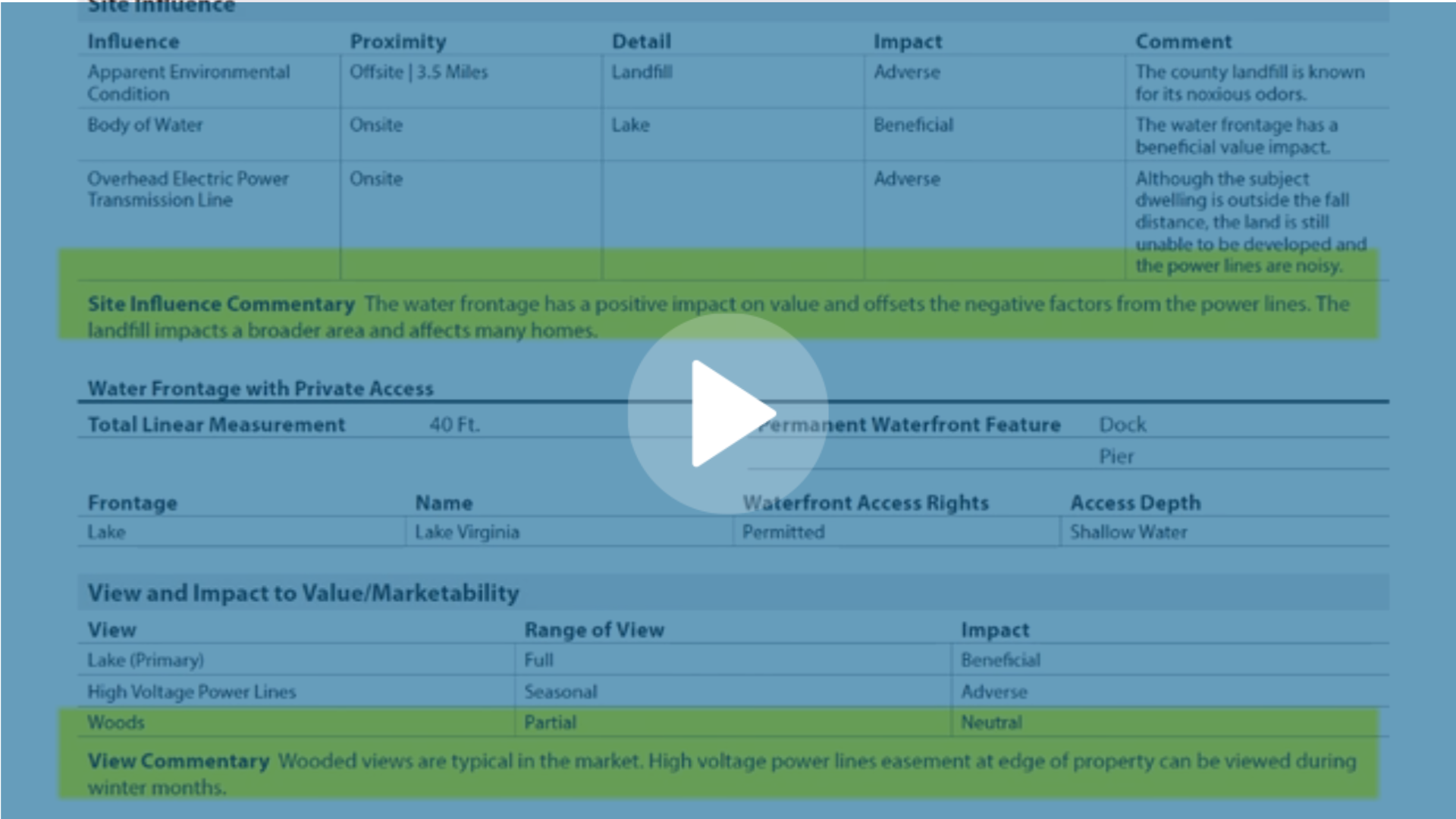
-1.png)









